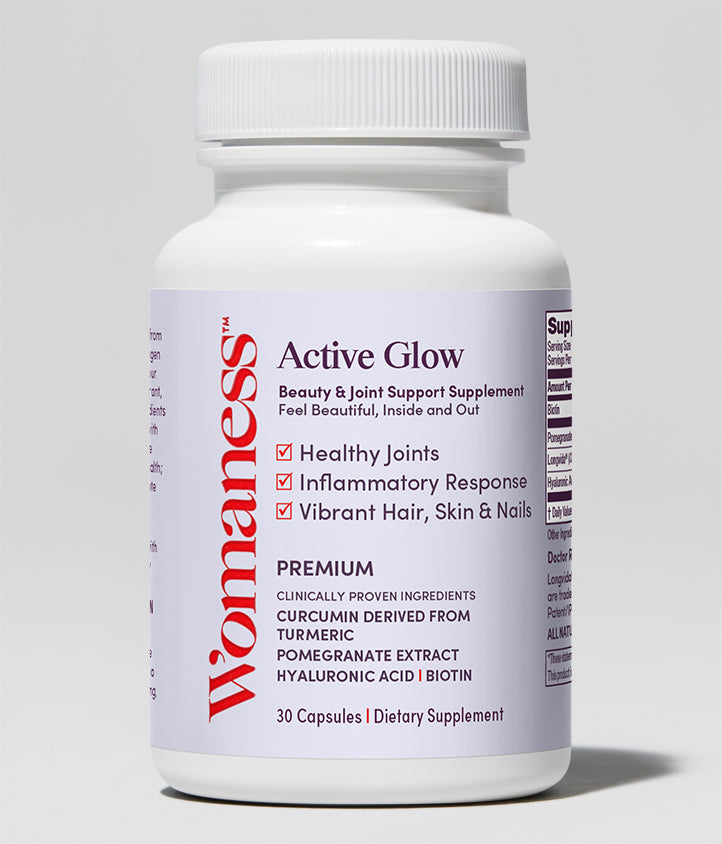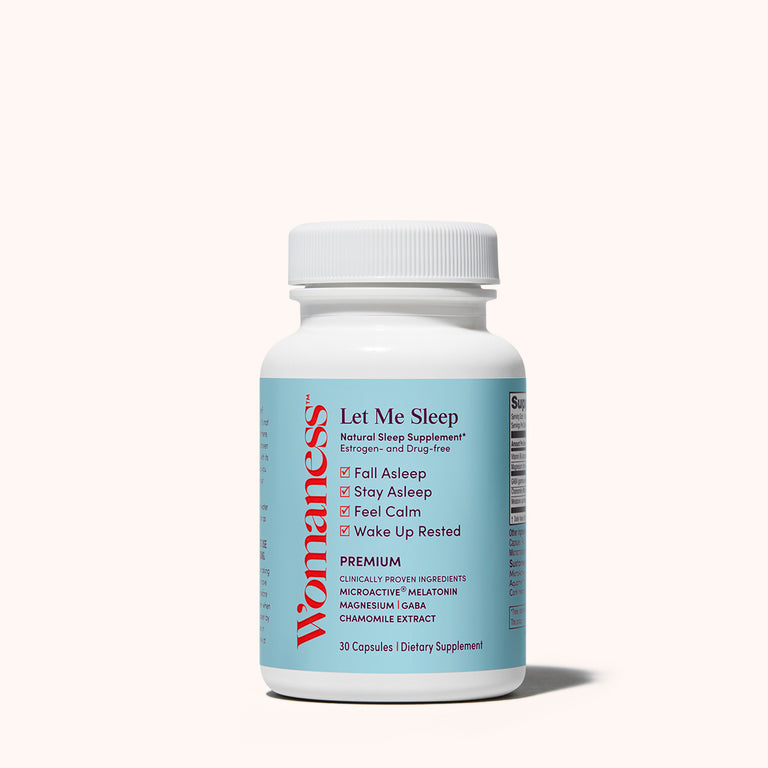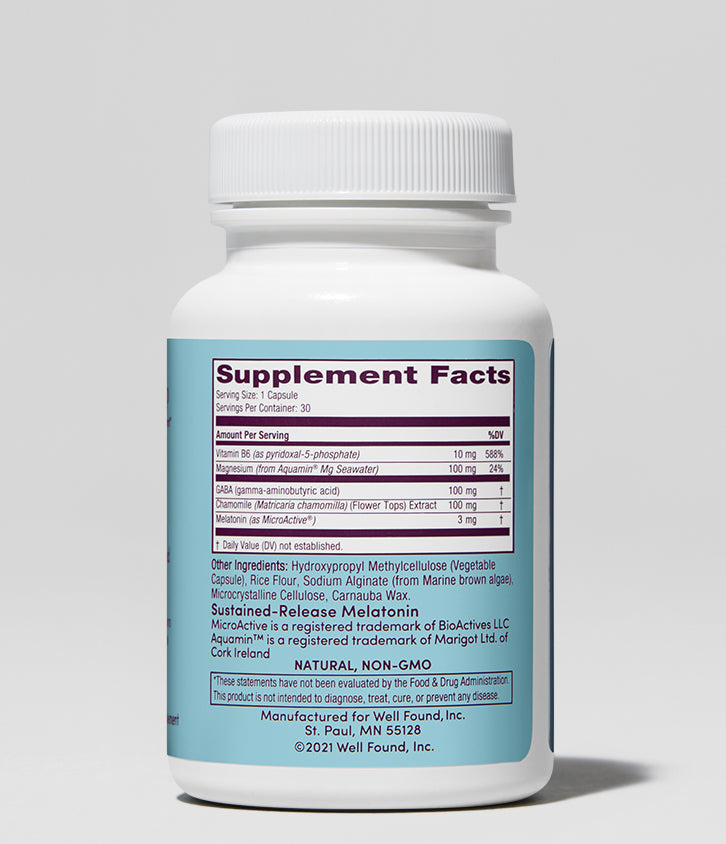By Julia Walker, RN, BSN 4-Minute Read
 Julia Walker, RN, BSN is a women's health nurse, writer, and member of the perry team. Perry connects and supports perimenopause warriors in a safe space to build friendships, learn, and laugh. The moment you think, “WTF, could this be menopause?”—join our sisterhood!
Julia Walker, RN, BSN is a women's health nurse, writer, and member of the perry team. Perry connects and supports perimenopause warriors in a safe space to build friendships, learn, and laugh. The moment you think, “WTF, could this be menopause?”—join our sisterhood!
Irregular periods are a hallmark sign of perimenopause—making them predictably unpredictable. And while irregular periods are completely normal (usually!), the symptom can be really frustrating, especially when you think you’re about to cross the line to menopause…and then another period shows up. Here, we sit down with nurse Julia Walker from perry for answers to some of the most common period questions that come up for perimenopausal women.
Irregular periods are a hallmark sign of perimenopause—making them predictably unpredictable.
#1. “I’m 50 and have gone nine months without a period. Now all of a sudden, I have one. Why is this happening?”
We say the average age a woman reaches menopause is 51. However, it’s just that: an average. A lot of women believe that by the time they hit 51, they should simply be period-free. But many women will continue to have periods into their 50s, while some will have already reached menopause in their 40s. It just depends on the woman. If you’ve gone almost a year without a period and then it shows up again, it can be pretty frustrating, especially if you’re ready to be on the other side of the transition.
A woman is considered menopausal when she has been period-free for one year (365 days). After that point, she is deemed to be post-menopausal. So, if you think about it, menopause really is only one day in a woman’s life.
As you get closer to reaching menopause, your periods will likely become less regular, and you will go several months without one. Even though it’s annoying that it showed up after nine months, if it has been that long in between periods, it means you are probably pretty close to your final period. Also, if it has been several months between periods, don’t be alarmed if your period tends to last a long time or has a heavy flow. This is usually quite normal.
#2. “My periods are irregular and I am 42. Will they stop soon, or is something else going on?”
It is normal to enter perimenopause in your early 40s. And irregular periods are one of the main signs health-care providers look for when we conclude that you are indeed in this life stage. However, before we assume you are perimenopausal, we should rule out other causes of the irregular period.
One of the most common changes women experience is a heavier period. Heavy bleeding can certainly be a part of perimenopause, but it also may be a sign of something else like benign fibroids, a thyroid problem, or even tumors. If you have heavy or irregular periods, your doctor will likely recommend diagnostic tests to rule out other causes, such as an ultrasound and bloodwork.
Unfortunately, there’s no way to tell when you will officially stop having periods. Many women have irregular periods for several years, whereas some will reach menopause relatively quickly. A good way to predict how long you'll be in perimenopause is to chat with first- and second-degree female relatives (like your mother, sisters, grandmothers, and aunts).
#3. “I am always reaching for panty liners because of spotting. Is this a problem?”
Spotting in perimenopause can be very normal. However, it may also signify that something is not quite right. A good rule of thumb for any woman with spotting is to see a doctor to rule out any concerning causes like:
-
Uterine fibroids
-
Pelvic inflammatory disease
-
Cancers of the cervix, ovaries, uterus, and vagina
-
Infections
#4. “I am on birth control and having regular periods, even though I know I'm in perimenopause. Will they just stop when my body is ready for menopause?”
Birth control can be a great option for managing perimenopausal symptoms. And, because the hormone dose is high enough, it also helps prevent pregnancy, which can still certainly happen when you are in perimenopause.
Since your body is getting a steady flow of hormones, you can expect regular periods if your body responds appropriately. Most doctors will have their patients stop using combination birth control pills (as in those containing estrogen and progesterone) around age 50. If you still have menopausal symptoms, you can switch to a lower dose of hormones to help curb hot flashes and other symptoms.
Because no test tells you that you are no longer ovulating or fertile, your doctor will likely recommend you use another form of birth control if you are sexually active. If you have been period-free for one year or you are age 55, it is likely safe for you to stop using birth control. (Of course, it's important to use a barrier method to prevent STIs, no matter your age).
#5. “I have my period twice a month. Why won’t it stop?”
Although frustrating, this can be normal in perimenopause. Hormone changes can decrease the number of days between your periods, so it is common for some women to only have a week or two in between periods. This problem is often common in women in the early stages of perimenopause, but it can also occur later in the process. And, if you go several months without a period and all of a sudden have one, you may be surprised to find that it lasts longer, which is also normal.
Nonetheless, always check with your doctor to rule out any other causes of irregular periods. And in the meantime, be sure to get plenty of nutrients to keep your body healthy, including iron, as frequent, heavy periods can increase your risk for iron deficiency and anemia.
More on Perimenopause
Perimenopause: All You Need to Know
What's Happening Here? Sleep Issues & Insomnia
The Stages of Menopause






